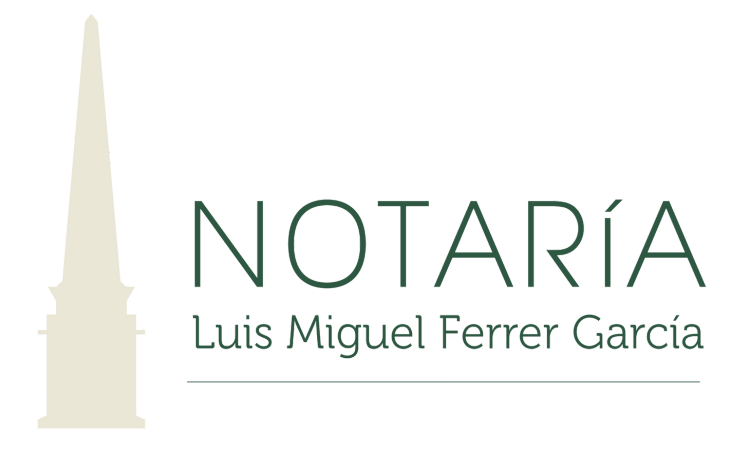Notarial deeds/records are public instruments in which notaries, upon request of the parties involved, extend and authorize, stating the facts and circumstances witnessed or known to them that are not the subject of a contract by nature.
All notarial deeds/records are regulated in Section 4 of Chapter II of Title IV of Decree 2 of June 1944, which approved the Regulations on the organization and regime of Notaries.
TYPES OF NOTARIAL DEEDS/RECORDS:
DECLARATION DEEDS/RECORDS:
They certify what a person has said or declared and when they did so.
PRESENCE DEEDS/RECORDS:
The notary is required to appear at a specific location and certify the condition of a specific asset at a specific time, taking photographs if necessary.
DEMAND DEEDS/RECORDS:
The notary is requested to demand that someone do something or perform a specific action, recording the demand and the response of the required party.
CORPORATE MEETING DEEDS/RECORDS:
They record the statements, claims, documents, and agreements adopted in a company meeting.
GENERAL CONDITIONS DEPOSIT DEEDS/RECORDS:
The notary records in a deed the contractual conditions that a company includes in its contracts. This way, the notary can prove to third parties that the conditions were in force at a specific time.
BALANCE FIXATION DEEDS/RECORDS:
The notary proves the resulting balance of a specific account or debt through appropriate calculations.
CONTEST DEEDS/RECORDS:
The presence of the notary in a contest verifies that there has been no manipulation of the results and, if applicable, the randomness of the selection.
PROTOCOLIZATION DEEDS/RECORDS:
These are deeds in which the notary introduces legal and legitimate documentation that the interested party wishes to be kept in their file, which is confidential and cannot be manipulated.
Additional requirements are needed for Property Registration Deeds:
Property titles of the interested parties.
Identification documents.
If a company is involved, the powers or appointment of current administrators.
Registration information in the Mercantile Registry.
Cadastral reference (last IBI receipt).
Value assigned to the properties.
We will process the rest of the requirements.
Two witnesses who can verify the ownership of the property must be present at the initial signing.
Later, edicts will be published in the municipality where the property is located.
For the rest of the deeds/records:
Identification documents of the interested parties.
If a company is involved, the powers or appointment of current administrators.
Subject matter of the deed/record, whether it is presence, notification, demand, etc.
In the case of deeds/records to verify the identity of photographs, two identical sets of photographs of the matter in question must be provided at the time of the request.
